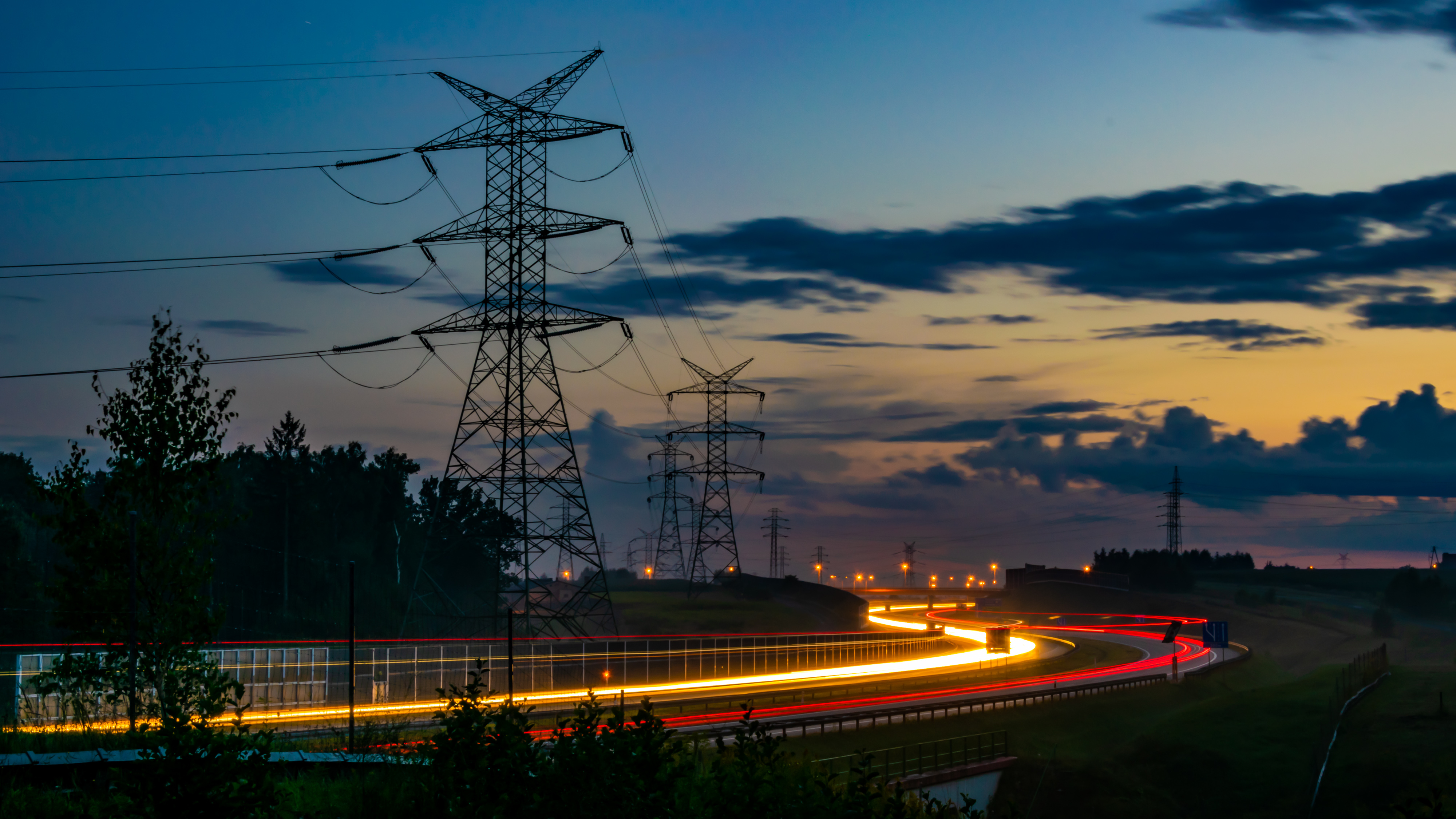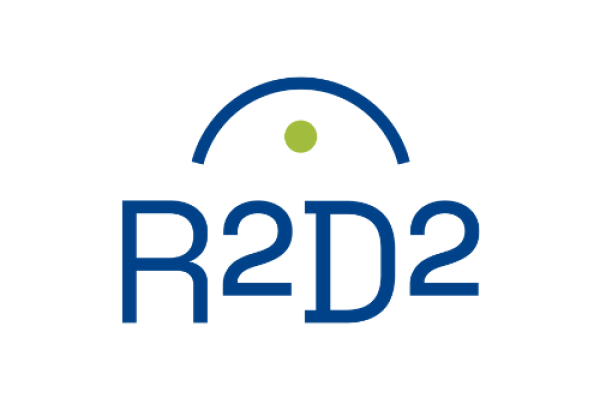
R2D2
R2D2 aims to enhance EPES resilience against threats like extreme weather and cyber risks. Key activities include dynamic risk assessment, TSO-DSO interaction, and cyber-security tools. Measurable outcomes include reduced power losses and enhanced supply security. Research areas cover risk assessment, resilience, cybersecurity, and asset maintenance. The project’s theme centers on bolstering EPES resilience for reliable energy supply.

OPENTUNITY
OPENTUNITY aims to change this by creating a flexible and adaptable energy ecosystem that reduces interoperability barriers and focuses on standards that help reduce emissions and costs. To achieve its goals, the project will utilise novel methodologies and software modules to support grid operators, market actors, and prosumers.
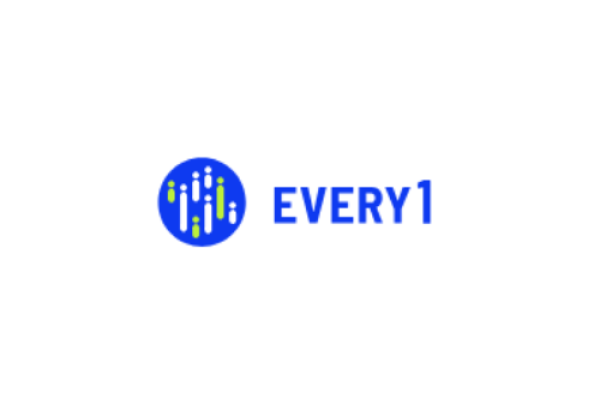
Every1
The Every1 is dedicated to developing training and networks for the digitalisation of the energy transition. The consortium brings together leading experts in energy, education, and ecosystems combined with social sciences to deliver an impactful concept that includes all elements needed to enable the effective participation of all European stakeholders in the digital energy market.
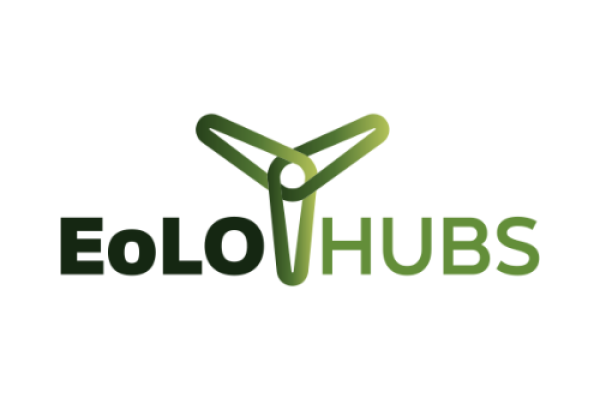
EoLO-HUBs
The project aims to address the End of Life (EoL) challenges of wind turbine blades through open hubs for circular materials and sustainable business models. It focuses on developing technologies, organizational structures, and legal recommendations to implement Circular Economy (CE) practices in the wind energy sector. Key objectives include demonstrating novel recycling technologies, creating resilient value chains, promoting circularity in wind technology, reducing carbon footprint, and fostering EU leadership in renewable energy.

ENFLATE
The project aims to develop collaborative platforms for consumer-driven energy services, integrating flexibility resources from various sectors. Activities include upgrading existing solutions, replicating them across Europe, and developing innovative market designs. Primary research areas include data-driven energy, health, and mobility services, decentralized flexibility marketplaces, and real-time control algorithms for heat networks and buildings.

ENERSHARE
ENERSHARE aims to develop and demonstrate a European Common Energy Data Space, fostering interoperable and trusted data sharing among stakeholders. The project will create an Energy Data Ecosystem enabling access to fragmented data sources and facilitating data-driven cross-value chain services. Measurable outcomes include the establishment of a Reference Architecture, deployment of blockchain-enabled marketplace, and co-designing consumer-centric business models. Key research areas include data interoperability, blockchain technology, and consumer empowerment. The overarching theme is to promote data sharing for enhanced market efficiency and sustainability in the energy sector.
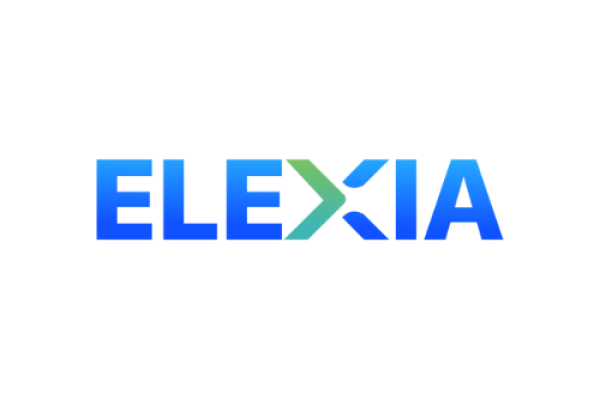
ELEXIA
The ELEXIA project aims to develop tools for integrated energy system planning and management across sectors, focusing on digitalization, resilience, and flexibility. Key activities include developing a System Planning Toolbox, Energy Management Systems, and a Digital Services Platform. The project will demonstrate these tools in three pilot sites in Portugal, Denmark, and Norway. Measurable outcomes include reducing energy and grid demand, achieving significant CO2 emissions reductions, and contributing to EU policy frameworks for energy integration and sustainability. The main objectives are to enable cost-optimized and resilient energy systems, promote sector coupling, and support the EU’.

eFORT
The main objective of eFORT is to make European power grids more resilient and reliable to failures, cyberattacks, physical disturbances and data privacy issues. To this end, a set of technological innovations will be developed for the detection, prevention and mitigation of risks and vulnerabilities with positive impacts on power system operation and stability. The eFORT solutions will be demonstrated at TSO, DSO, substation, and consumer levels in 4 real demonstration grids that have been selected considering their complementarities and relevance to tackle the main threats of current European power systems.
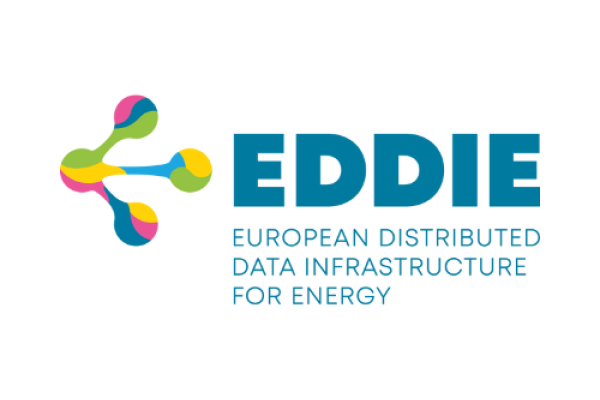
EDDIE
The Clean Energy Package establishes customer rights to access energy data and share it with chosen eligible parties, fostering
the development of new data-driven services within and beyond the energy sector. The lack of standardised procedures across the
EU poses a significant obstacle to the implementation of such solutions. Currently, actors adhere to national practices, hindering
interoperability and limiting growth opportunities.

ECHO
The project’s goal is to develop and demonstrate novel modular, compact, high performances and Plug&Play thermal energy
storage (TES) solutions for heating, cooling, and domestic hot water (DWH) production, able to provide electricity load shifting with
meaningful peak shaving of the thermal and electric load demands.ECHO project will provide a key tool for thermal energy storage
in the context of sector coupling and provision of flexibility of demand. ECHO system will be adapted to the different energetic
scenarios. Additionally, its modularity will allow to use the concept in different scales, from small apartments to larger buildings.

